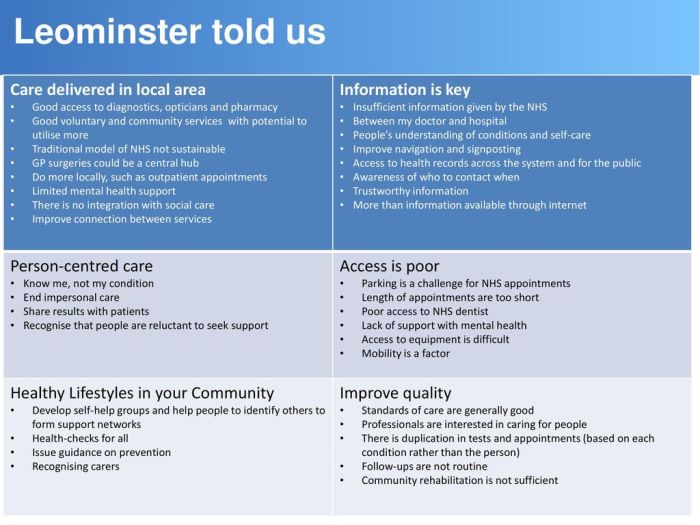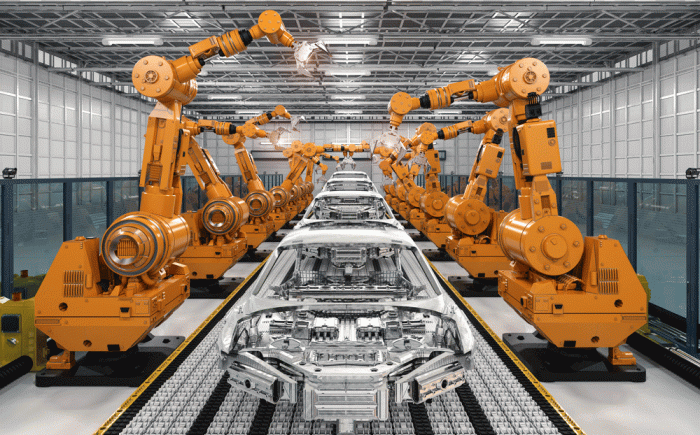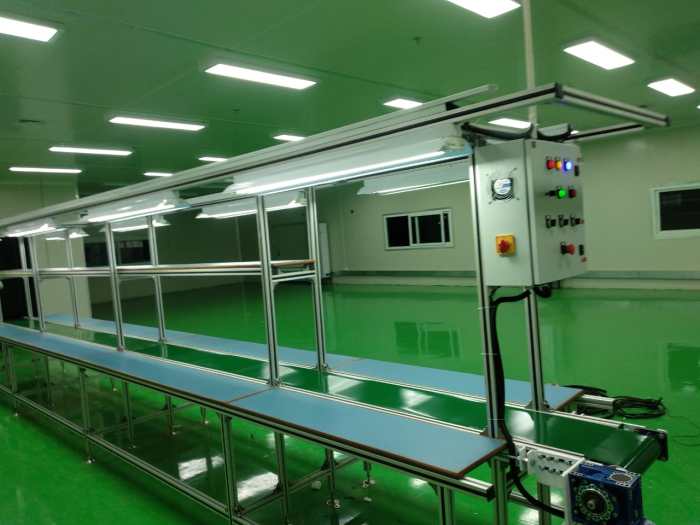The impersonal assembly line quality of hospital birth is a pervasive issue that has profoundly impacted the experience of childbirth for women. This approach, characterized by standardized procedures, medical interventions, and a lack of patient autonomy, has raised significant concerns regarding its impact on women’s health, well-being, and decision-making power.
The historical context of this model, its negative effects on women’s health and autonomy, and the ethical concerns it raises will be explored in detail. Additionally, alternative models of childbirth care and current trends challenging the assembly line approach will be discussed, highlighting the importance of patient-centered care and informed decision-making in the future of childbirth.
Historical Context

The impersonal assembly line quality of hospital birth is a relatively recent phenomenon, emerging in the early 20th century. This approach was influenced by several factors, including the rise of medical technology, the increasing availability of hospitals, and the growing popularity of scientific management techniques in healthcare.
The assembly line model of childbirth aimed to increase efficiency and standardize care, but it came at a cost to women’s experiences and autonomy.
Impact on Women’s Health and Autonomy
The impersonal assembly line quality of hospital birth has been associated with a range of negative effects on women’s physical and mental health. These include increased rates of interventions, such as cesarean sections and episiotomies, as well as higher levels of maternal pain and postpartum depression.
Additionally, this approach undermines women’s autonomy and decision-making power, as they are often subjected to medical procedures without their full understanding or consent.
Alternatives to the Assembly Line Model

| Model | Level of Medical Intervention | Provider Training | Patient Satisfaction |
|---|---|---|---|
| Assembly Line Model | High | Obstetricians | Low |
| Midwifery-Led Care | Low | Midwives | High |
| Home Birth | Very Low | Midwives or Lay Midwives | High |
Advantages of Midwifery-Led Care:
- Lower rates of intervention
- More personalized care
- Higher levels of patient satisfaction
Advantages of Home Birth:
- Lowest rates of intervention
- Most personalized care
- Highest levels of patient satisfaction
Current Trends and Future Directions: The Impersonal Assembly Line Quality Of Hospital Birth Is

There is a growing emphasis on patient-centered care and informed decision-making in childbirth. This trend is challenging the traditional assembly line model, as women become more aware of their options and demand more control over their experiences. As a result, there is a growing interest in alternative models of care, such as midwifery-led care and home birth.
Ethical Considerations

The impersonal assembly line quality of hospital birth raises several ethical concerns. These include the violation of informed consent, the undermining of patient autonomy, and the potential for unnecessary interventions. The assembly line model often prioritizes efficiency and cost-effectiveness over the individual needs of women, which can compromise their ethical rights.
FAQ Overview
What are the main criticisms of the assembly line model of hospital birth?
Critics argue that the assembly line model prioritizes efficiency over patient well-being, leading to unnecessary interventions, reduced patient autonomy, and a lack of personalized care.
What are the benefits of alternative models of childbirth care, such as midwifery-led care and home birth?
Alternative models often provide a more individualized and supportive environment, allowing women to make informed decisions about their care and experience a more natural and empowering birth.
What are the ethical concerns associated with the assembly line model of hospital birth?
Ethical concerns include the violation of informed consent, the undermining of patient autonomy, and the potential for unnecessary medical interventions that may compromise women’s health and well-being.